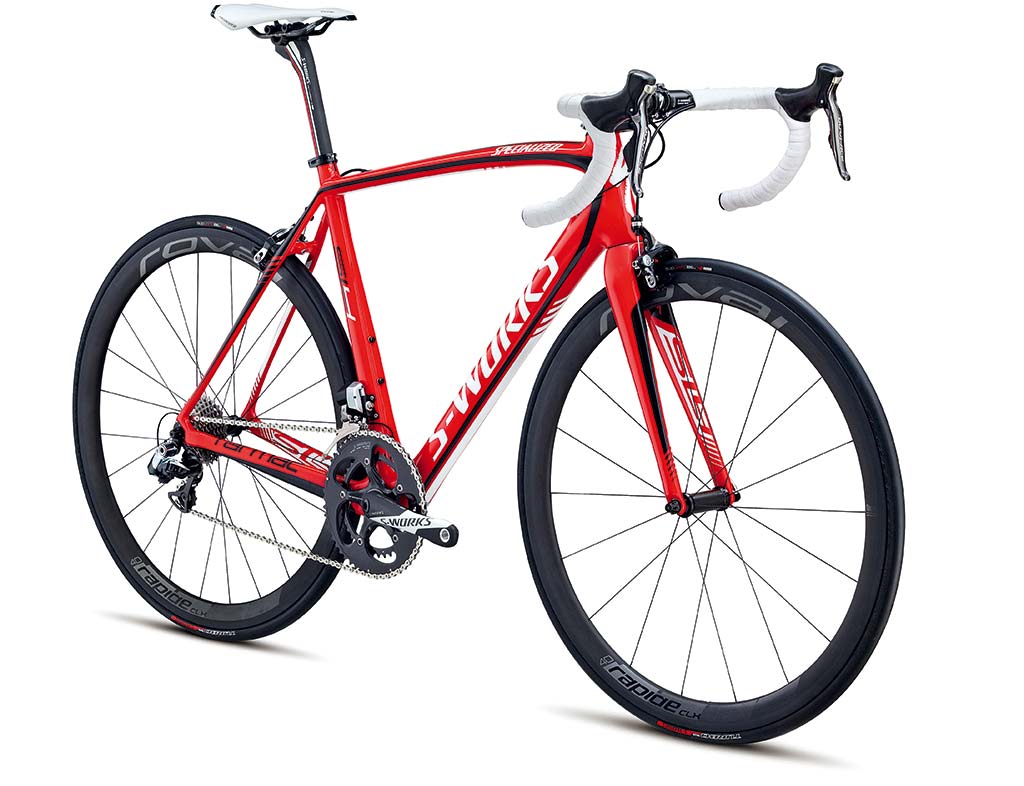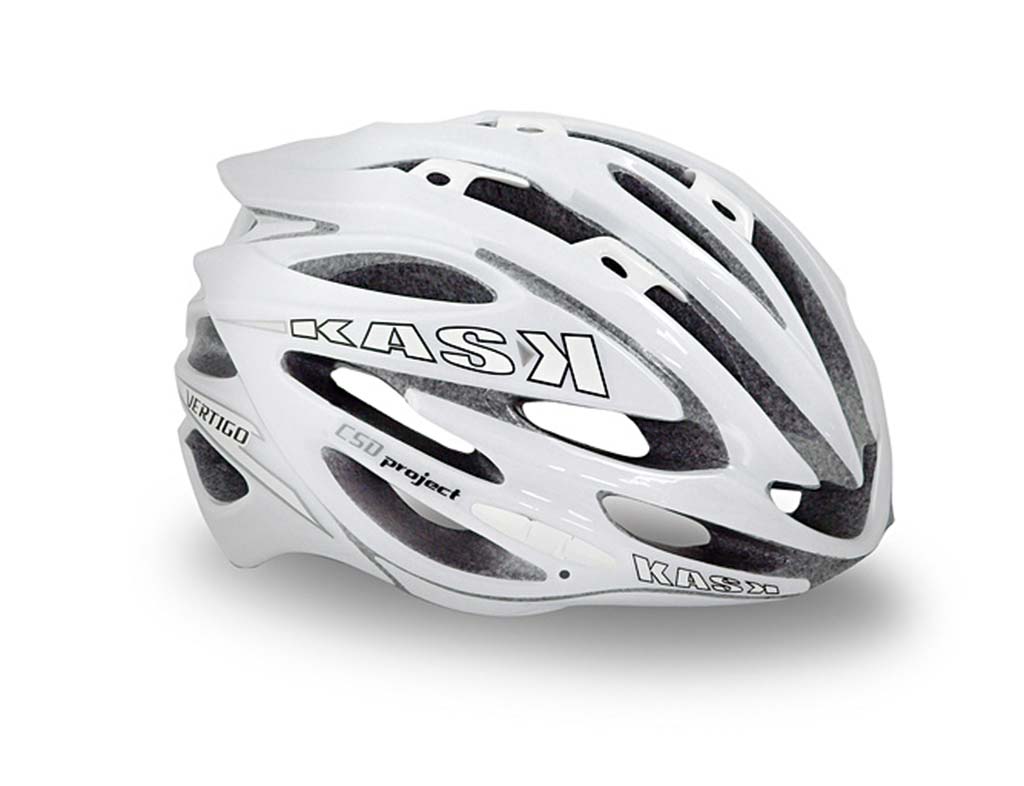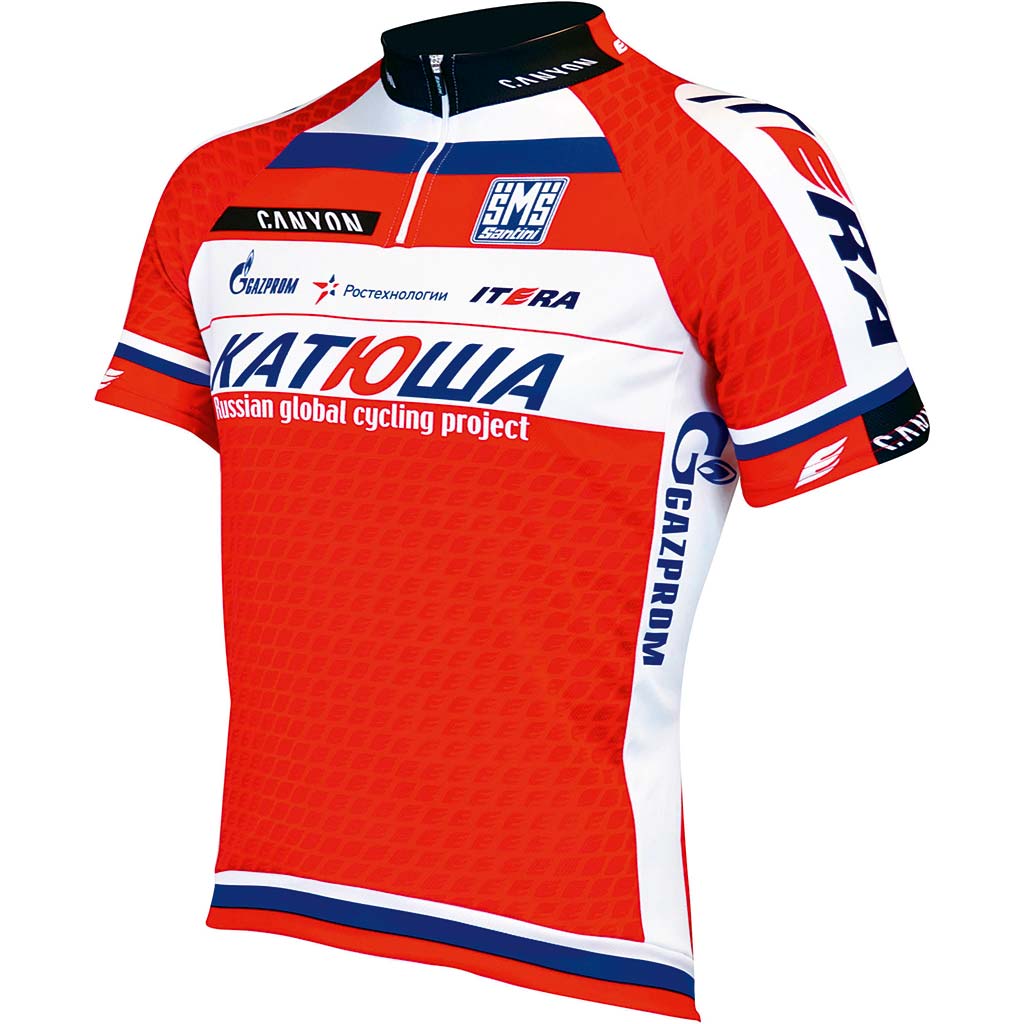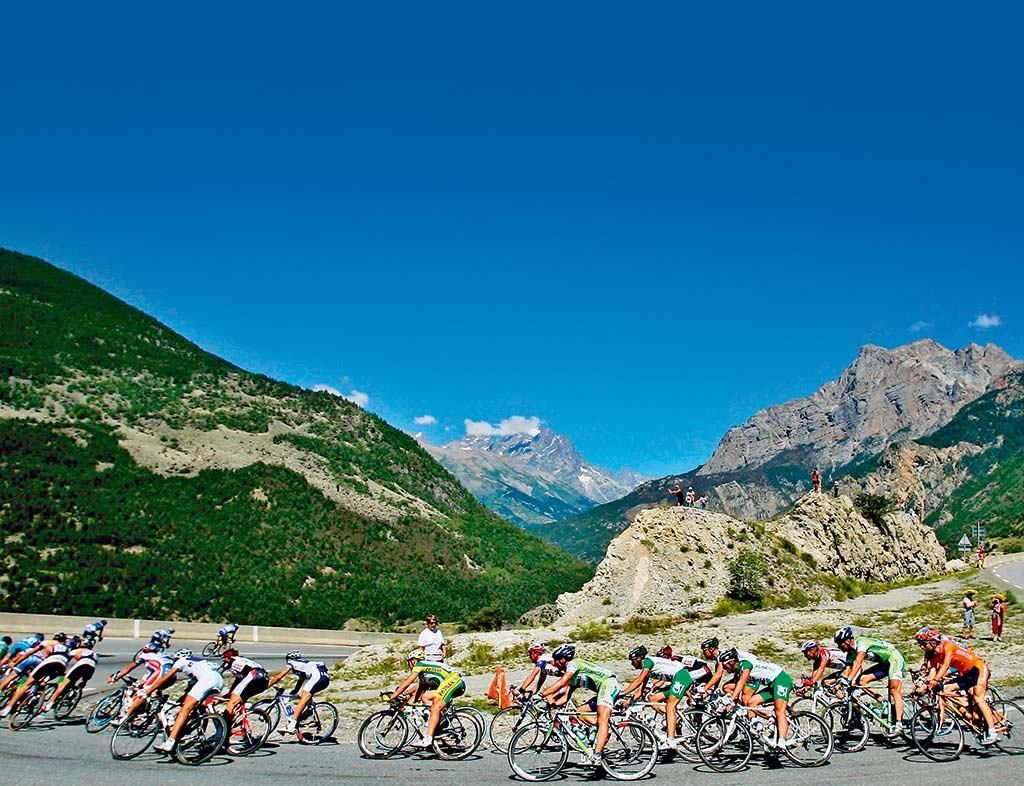This year is an auspicious one for the Tour de France. Not only does 2013 mark the 100th edition of the bicycle race but, for the first time, the event will cross to Corsican shores. Known as the Island of Beauty, Corsica promises a striking backdrop for the race, while its varied landscape presents a challenging track for the 200 cyclists involved.
False starts
Until this year, Corsica remained the only region of France not to have held a stage of the world-famous race. Corsica attempted to bid for the honour of hosting the Grand Depart between 1936 and 1989, but was repeatedly dismissed as an unsuitable location for the official start of the race. Ostensibly, this was down to logistical concerns and fears the island couldn’t accommodate the many teams and supporters, but underlying political tensions have been suspected of putting the brakes on previous bids. The Party of the Corsican Nation are infamous for using violent displays in their campaign to attain independence from France. But the party’s European Parliament representative François Alfonsi assured organisers that they were wrong to fear terrorist action. Even if the issue of public safety was addressed, the problem of space remained. As the island is a popular tourist destination, it boasts an abundance of hotels and accommodation for spectators who wish to soak up the atmosphere from the end of June to the beginning of July.
Suitably, the most illustrious French sporting event will conclude on the most illustrious street in France – the Champs-Élysées
It was simply a matter of cycling enthusiasts booking up rooms before the rush of the summer season. The main limitation of Corsica’s bid was the lack of a venue for the press centre. The popularity of the event means a substantial 8,000sq m area is needed to accommodate sports journalists from all over the world. The problem has been solved with the novel implementation of a ferry to play host to the press. It will be moored at Porto-Vecchio and follow the daily progress of the race around the island.
The race is on
The Grand Depart will be held at Porto-Vecchio in the south-east of the Mediterranean island. The peloton of cyclists will traverse Corsica for the first three of the Tour’s 21 stages, ultimately reaching the port town of Calvi in the north-west of the island. The proximity of an airport and ferry terminal to Calvi should ease the logistical demands of moving to mainland France. But it will still be a challenge to transport riders, race officials, workers and the media – not to mention the Tour’s vehicles and infrastructure – across to the mainland in only one day, in time for the team time-trial around the coastal town of Nice in stage four. However, during the bidding process for the 100th Grand Depart, in addition to European countries like Scotland, Salzburg and Switzerland, locations as far away as Qatar and Tokyo applied, making a small stretch of the Med seem all the more manageable.
Rather than Corsican cities applying independently, Corsica applied to host the first three stages as a region. This entitled the Amaury Sport Organisation, the official organisers of the Tour de France, to decide the route they deemed most appropriate. The unveiling of Porto-Vecchio as the prestigious Grand Depart destination came as little surprise though. Since 2010, the coastal town has played host to the Criterium International, another annual cycling race organised by the ASO, which has become an important milestone for cyclists training for the Tour. The town is well versed in dealing with the logistical implications of putting on a large-scale cycling event.
The first stage sees cyclists hug the beautiful eastern coastline of the island for 212km, up
to the northern town of Bastia. The second stage crosses the centre of the island to reach the western port of Ajaccio, taking a route similar to that used by World Rally Championship racers, a route that is sure to test even the most elite cyclists as it proves its nickname ‘Ten Thousand Turns Rally’. The final stage up the west coast of Corsica will see the peloton face a steeper profile as they navigate bays, peninsulas and hill passes formed by surrounding mountains on the way to the coastal port of Calvi.
Cycling sojourn
Tourism already plays a large part in the Corsican economy, but as the least economically developed region in Metropolitan France, it is hoped the Tour will boost visitors to the Island of Beauty both during and after the event. Upon confirmation of Corsica’s bid success in late 2011, Director of the Tour Christian Prudhomme said: “The setting of the Island of Beauty will definitely offer a terrain and roads designed for attacks and we are already thoroughly looking forward to enjoying the magnificent scenery boasted by the sea and the mountains.”
The beautiful scenery on the island includes the Piana Creeks in the Gulf of Porto, a recognised Natural World Heritage site, and the vast lagoon at the Lake Biguglia Nature Reserve. Not only is Corsica picturesque, it is also steeped in history, which should shine through in coverage of the event as the race passes through several significant landmarks. The Roman remains at the Bonifacio Citadel on the southern tip of the island provide a beautiful backdrop at the start of the first stage of the race, which culminates in Bastia. Cyclists will start their second day of the Tour at the spectacular Place St Nicolas, an exemplary nineteenth-century town square, which at the size of three football pitches is one of the largest town squares in Europe. After traversing the mountains and bends at the heart of the island, the third stage follows the peloton from one historical birthplace to another: the citadel in Ajaccio boasts the home of French revolutionary Napoleon while at the final destination on the Corsican segment of the Tour at Calvi, visitors can catch a glimpse of the ruins of the first home of Christopher Columbus.
Many travel operators and sports tours companies are already taking advantage of the prolific race coming to Corsica by offering package deals. Holidays range from ‘stay and cycle’ tours that follow the route, or part of it, shortly after the professionals have vacated the area to give bike fanatics a taste of the Tour, to full-distance attempts of the Corsican stages. The stay and cycle options allow for a more leisurely pace of travel with a relaxed vibe at the hotels in between stages.
In addition to an unprecedented Grand Depart from Corsica, the 100th edition of the Tour de France is an interesting route in its entirety, featuring two ascents of the challenging l’Alpe d’Huez in southern France and a time trial finishing at the picturesque Mont Saint-Michel, a medieval abbey town built atop a granite island on the Normandy border. Suitably, the most illustrious French sporting event will conclude on the most illustrious street in France – the Champs-Élysées – where a night-time finish will see the peloton loop around the Arc de Triomphe in a sprint to final-stage victory. But for now, all eyes are on Corsica as the French island readies itself for its first shot kicking off the festivities of the most renowned cycling event in the world.
Pedal like a pro
All good money for 2013’s winner is on either Bradley Wiggins or Chris Froome from Team Sky; Joaquim ‘El Purito’ Rodriguez, riding for Team Katusha; or fellow Spaniard Alberto ‘El Pistolera’ Contador with Team Saxo-Tinkoff. But to match their pace, you’ll have to splash out on the specialist kit.

S-Works Tarmac SL4
specialized.co.uk | £8,500
First, you’ll need something to ride. Specialized’s competitive road bikes are most famously ridden by controversial Tour winner Alberto Contador. Offering a more comfortable ride than its predecessor, the Tarmac SL4 Di2 boasts a speed-inducing combination of stiff chassis and negligible weight – less than 7kg before pedals. Teamed with incomparably smooth shifting, this bike offers advantage to riders scaling the duplicitous terrain of Corsica.

S-Works Road Shoes
specialized.co.uk | £240
What better to accompany an S-Works bike than cutting-edge road shoes of the same make? Each piece of this shoe is thermowelded together to eliminate the extra weight of overlapping materials. The fit is sublime, with a triple closure system to tailor the grip to each individual foot. A rigid sole improves stability when riding out of the saddle and a comprehensive ventilation system ensures your toes will stay dry through the hottest of rides.

Kask Vertigo helmet
kaskhelmets.com | £165
Froome and Wiggins’ skull protection of choice, Kask cycling helmets have features galore to help push you ahead of the pack. You’ll keep a cool head with the ultra-breathable technology of the 3D Dry padding and the numerous aeration vents positioned at premium perspiration points. The superior aerodynamic shell shaves vital seconds off your time, while the quality leather straps ensure this is a helmet that’ll last you for tour after tour.

Santini Katusha
wiggle.co.uk | £60
Draw inspiration from the little cigar himself, Joaquim Rodriguez, in a Team Katusha 2013 jersey. The short sleeves and refined polyester construction have been engineered for breathability and quick moisture transfer, making it the perfect outerwear for an intense, summer cycle. Not a Rodriguez fan? Head to the jersey expert Santini website (santinims.it) where you can customise a jersey using the company’s graphics or your own personal logo.

Beet It Sport Shot
beet-it.com/sport | £27 for 15
Kit and clothes do not a champion cyclist make. Every pro spends hours agonising over what to consume – and not just during training. To sustain the pace on a long-haul race, cyclists must selectively ingest before, during and after. The Beet It Sport Shot contains 7cl of concentrated organic beetroot juice, with a dash of lemon. The high level of nitrates improves exercise tolerance and oxidative function, ensuring you can keep pedalling for longer.





